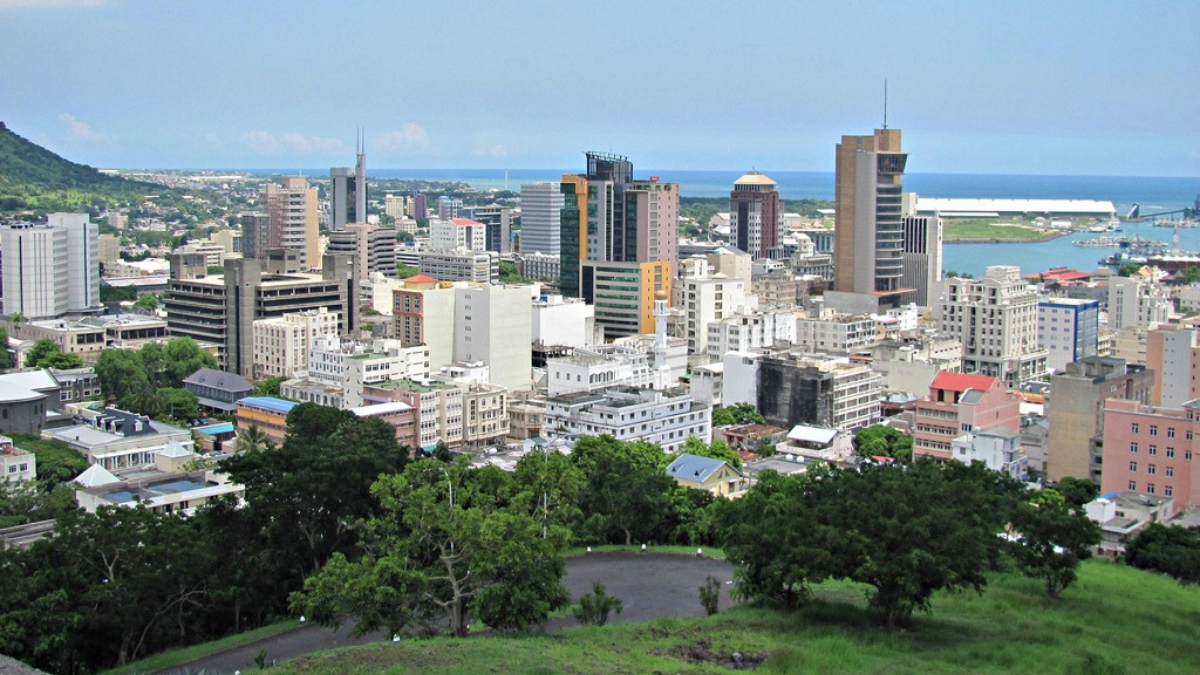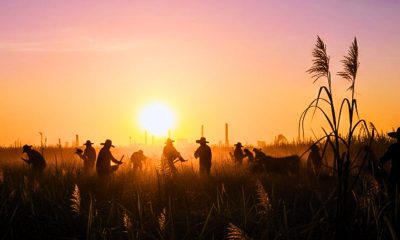News
Budget 24-25: A Triptych of Economy, Environment & Social Welfare

Mauritius is poised to present its next budget, which is expected to be its last under the current government. The minister of finance, Renganaden Padayachy, has hinted that the budget will focus on three key themes: social welfare, economy, and environment. But will this triptych prove to be a winning formula?
The minister has emphasized that the budget will aim to reduce inequalities in the country and combat the effects of climate change.
This comes as the country’s public debt has reached a staggering Rs 524 billion, with some experts warning that the government must prioritize creating wealth to avoid a financial crisis.
Economist Tahir Wahab is skeptical about the government’s approach, saying that it seems to be focusing on social welfare without addressing the country’s economic woes.
“The government is like a father who gives his children everything without having a stable income himself,” he quipped.
“We need to create wealth and reduce our dependence on imports. The pension scheme, for example, costs the government around Rs 6-7 billion per year. We need to find alternative sources of funding.”
Wahab also stated that the government should prioritize promoting economic growth through initiatives such as supporting small and medium-sized enterprises (SMEs), promoting export-oriented industries, and encouraging investment.
“We need to diversify our economy and reduce our reliance on imports,” he said. “We should also promote fiscal policies that encourage saving and investment.”
Bhavish Jugurnath, another economist, added that the budget should focus on promoting economic growth.
He suggested that the government should implement policies such as reducing taxes on businesses, increasing funding for research and development, and promoting sustainable practices.
“We need to create a business-friendly environment that encourages entrepreneurship and innovation,” he said.
Jugurnath also believed that the government should prioritize supporting small and medium-sized enterprises (SMEs), which he explained are crucial for driving economic growth. “SMEs are the backbone of our economy, and they need support to grow and thrive,” he said.
“We should also promote industries that are oriented towards exports, such as manufacturing and services.”
The president of the Association for Protection of Consumers and Environment (APEC), Suttyhudeo Tengur, has also weighed in on the issue.
He explained that the government should prioritize supporting the agricultural sector and promoting sustainable practices to reduce the country’s reliance on imported goods.
“We need to give our young people the opportunity to work in agriculture and fishing, and support them financially to do so,” he said.
Tengur also suggested that the government should promote sustainable pract
ices such as agroforestry, diversification of crops, and efficient water management. “We need to adopt a holistic approach to agriculture that promotes sustainable practices and reduces our reliance on imported goods,” he said.
Regarding environmental protection, Jugurnath suggested that the government invest in research and development to promote green technologies and infrastructure.
He also recommends imposing taxes on carbon emissions and reducing subsidies for fossil fuels. “We need to transition towards renewable energy sources such as solar, wind, and hydroelectric power,” he said.
Wahab agreed that environmental protection is crucial, but added that it should be done in a way that is cost-effective and efficient.
He suggested implementing projects such as green spaces, urban forests, and permeable pavements to mitigate the effects of climate change.
“We need to adopt a cost-effective approach to environmental protection that does not burden the taxpayer,” he said.
In conclusion, while there are differing opinions on how to address Mauritius’ economic, social, and environmental challenges, one thing is clear: the country needs a comprehensive approach to address these issues.
The debate surrounding the budget is far from over, but one thing is clear: Mauritius needs a comprehensive approach to address its economic, social, and environmental challenges. Will this triptych of economy, environment, and social welfare be the solution or just a Band-Aid? Only time will tell.
Source: Defi Media











